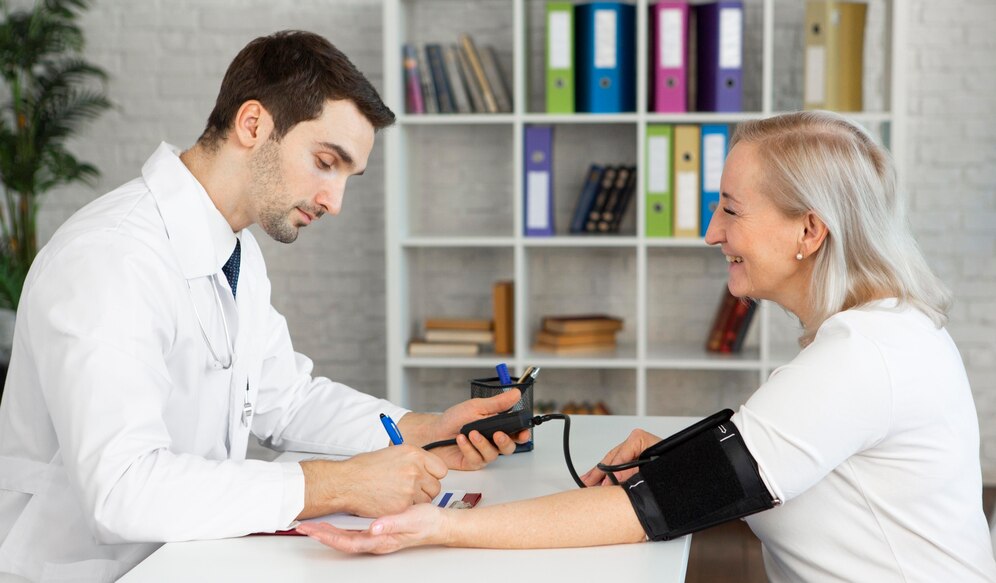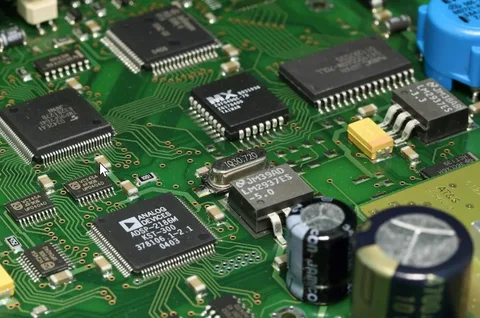Understanding and managing vein health is more important than ever in today’s health-conscious society. Veins are crucial in our circulatory system, transporting blood back to the heart. However, if not addressed, vein-related issues, such as varicose and spider veins, are common and can lead to discomfort and health complications. This article provides a comprehensive overview of vein health, including prevention strategies, common conditions, and treatment options.
Table of Contents
Understanding Vein Health
Veins are blood vessels that carry blood towards the heart. Unlike arteries, veins have thinner walls and valves that help keep blood flowing in the right direction. Vein-related issues can arise when these valves fail or blood flow is restricted.
Common Vein Conditions
- Varicose Veins: Large, swollen veins often appear on the legs and feet. They occur when valves in the veins do not work properly, causing blood to pool.
- Spider Veins: Similar to varicose veins but smaller, spider veins are visible on the skin’s surface and often appear as red or blue lines.
- Deep Vein Thrombosis (DVT): This is a serious condition where a blood clot forms in a deep vein, usually in the leg. It can cause pain and swelling and may lead to complications if the clot travels to the lungs.
Prevention Tips
Maintaining good vein health is possible with the right lifestyle choices. Here are some tips:
- Exercise Regularly: Physical activity improves circulation and vein strength.
- Maintain a Healthy Weight: Excess weight puts additional pressure on your veins.
- Elevate Your Legs: When resting, elevating your legs can help with blood flow.
- Avoid Prolonged Sitting or Standing: Take breaks to move around if your job requires you to be in one position for long periods.
Treatment Options
When treating vein issues, several options are available, ranging from lifestyle changes to medical procedures.
Lifestyle Changes and Home Remedies
- Compression Stockings: These special stockings apply gentle pressure to your legs, helping veins and leg muscles move blood more efficiently.
- Dietary Adjustments: A diet high in fiber and low in salt can prevent swelling and reduce the risk of varicose veins.
Medical Treatments
- Sclerotherapy: This involves injecting a solution into the vein, causing it to scar and blood to reroute through healthier veins.
- Laser Treatments: High-intensity laser light is used to close off smaller varicose veins and spider veins.
- Surgery: In severe cases, surgical procedures such as vein stripping may be necessary to remove varicose veins.
For those seeking professional advice and treatment, consulting with vein specialists Utah can provide personalized care and advanced treatment options tailored to individual needs.
The Role of Professional Care
While home remedies and lifestyle changes can be effective for managing mild vein issues, professional care is often necessary for more severe conditions. Specialists in vein health can offer a range of services, from diagnostic imaging to advanced treatment options. They can also provide personalized advice on prevention and management, ensuring that patients receive the most effective care for their specific conditions.
Choosing the Right Specialist
When selecting a vein specialist, consider the following:
- Credentials and Experience: Look for a specialist with a strong background in vein health.
- Treatment Options: Ensure the clinic offers a range of treatments and can tailor their approach to your needs.
- Patient Reviews: Reading reviews can provide insight into the quality of care and patient satisfaction.
Beyond Treatment: The Importance of Ongoing Care
Managing vein health is an ongoing process. Even after treatment, it’s important to continue with preventive measures to maintain vein health and prevent future issues. Regular check-ups with a vein specialist can help monitor your condition and adjust your care plan as needed.
Final Thoughts
Vein health is a vital aspect of overall well-being that should not be overlooked. By understanding common vein conditions, implementing preventive measures, and seeking professional care when necessary, individuals can maintain healthy veins and enjoy a better quality of life. Remember, when it comes to vein health, proactive management is key. Whether you’re looking to prevent vein issues or seeking treatment for an existing condition, the support of a qualified specialist can make all the difference.




